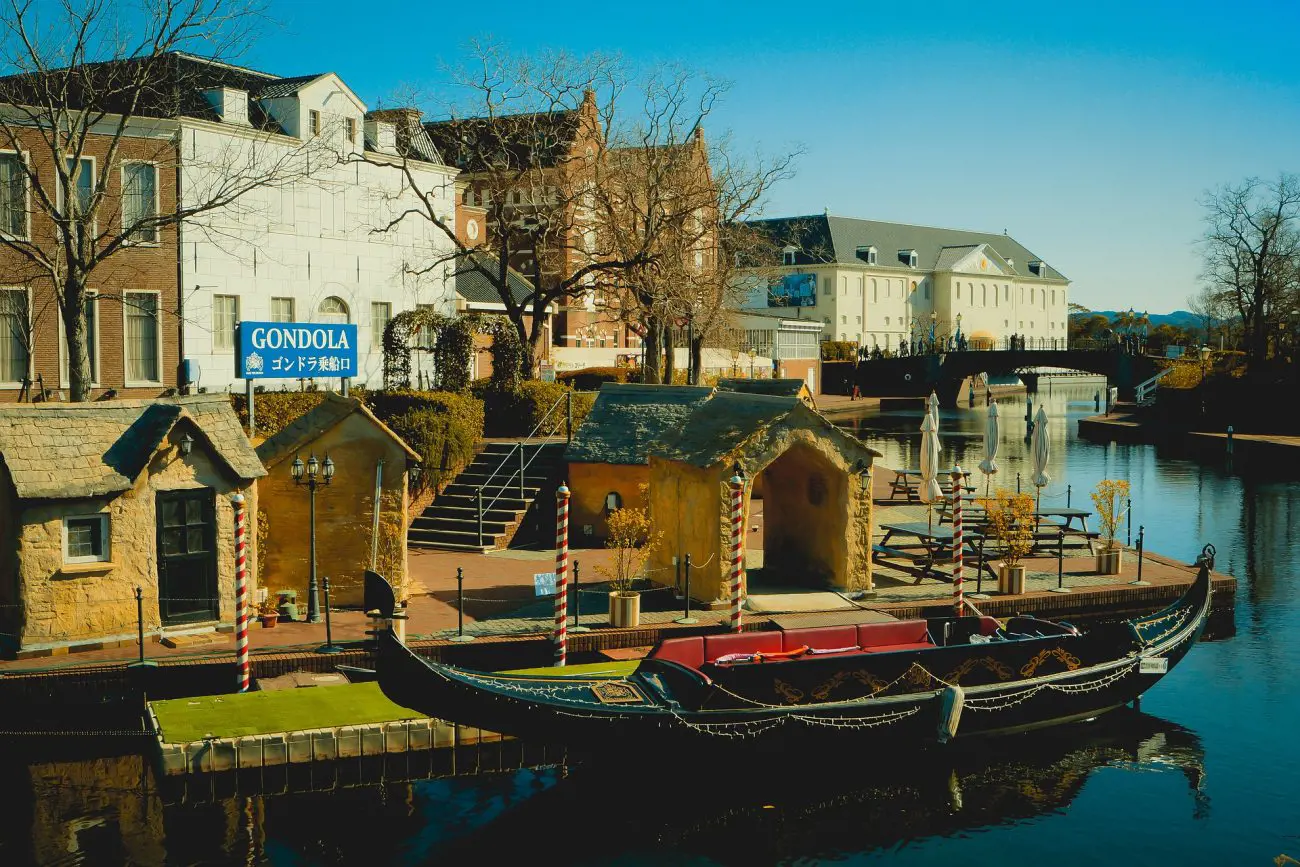Casinos Austria International reveals funding plan for Nagasaki IR
The Nagasaki government has published details of Casinos Austria International’s plans to fund an integrated resort in the prefecture, with JPY105.2bn (£6.59bn/7.91bn/$8.70bn) from the operator directly, JPY70.1bn from outside investment and JPY263.0bn from loans.

The prefecture has published a “draft development plan”, giving more insight into how chosen operator Casinos Austria International (CAI) intends to finance, build and operate the integrated resort at the site of the Huis Ten Bosch theme park in Nagasaki.
It comes a week after the prefecture addressed questions from the public about CAI’s ability to finance the project, promising that more details were forthcoming.
The total investment in the resort will be JPY483.3bn, which will be used to purchase the real estate and build and run the resort.
Of this total, JPY175.3bn will come through investment in the project, with businesses including CAI providing funding in order to become shareholders of the operation. Breaking this JPY175.3bn figure down, CAI will contribute 60% of it, non-Japanese businesses 30% and the remaining 10% will be from Japanese businesses.
The other JPY263.0bn required will be borrowed via a syndicated loan.
In addition to the initial investment costs, ongoing maintenance and capital investment costs are projected to be JPY18.1bn.
The project is set to open in 2027. By 2031, CAI predicted that it will generate revenue of JPY271.5bn per year. This total will include JPY209.5bn in gaming-revenue and JPY62bn in non-gaming revenue.
The operator expects net income from the resort to come to JPY31.7bn.
The plan also detailed that the casino within the resort will contain around 3,000 electronic gaming machines, plus about 400 gaming tables.
Casino Austria International was selected by Nagasaki in August before signing the new agreement to move forward with development. Mohegan Gaming and Entertainment and Oshidori International Development had been in the running before the latter opted to withdraw its application.
Oshidori said it did not approve of the development and operation rules imposed by the prefecture and that the request for proposals (RFP) process is not being implemented ethically or fairly. In a statement, the business also said it had encountered “multiple suspicions of ethical fraud in the RFP process.”